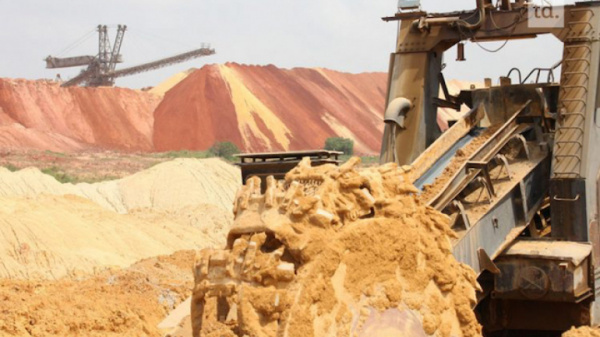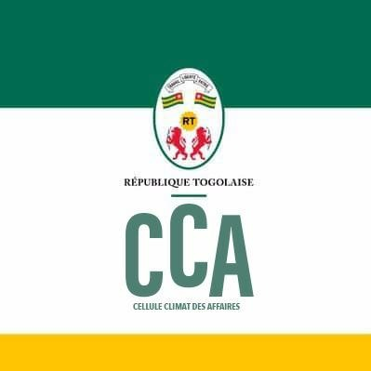Phosphate: Togo records a significant surge in output and sales

(Togo First) - Togo’s phosphate industry recorded substantial growth –production and sales– in 2022. The surge was driven by soaring global prices for the commodity and several initiatives that Lomé launched to dynamize Togolese agriculture.
Phosphate production grew by 5.9% in 2022, reaching 1,541,772 tons. Sales rose from 1,386,811 tons to 1,583,180 tons, thus up 14%. The figures were released by the Central Bank of West African States (BCEAO).
The growth was mainly spurred by an exceptional 116% increase in global raw phosphate prices over the year ended, extending an upward trend that took root in late 2020. The price per kilo indeed rose from 48.9 FCFA in Q1 2021 to 197 FCFA per kilo at the end of the year. This translates into an average high of 300 dollars per ton throughout the past year. Blessed manna for Togo’s phosphate company, the SNPT, which benefited from the rising dollar exchange rate.
This price increase is attributable to rising costs of inputs like ammonia, sulfur, energy, transportation, and agricultural harvests, experts explain, due to the war in Ukraine and the global economic recovery post-Covid.
Togo hadn’t recorded such high sales volumes since 1999. Based on last year’s performance, this year, the country could set a new sales record for the commodity.
The surge in Togo’s phosphate output and sales follows several steps taken by the country to revive its extractive industry. Togo is among the top 15 phosphate producers in the world, and it wants to bolster the local value chain by processing its ores locally.
In line with this ambition, Lomé recently signed (May 2023) several agreements with OCP Group (formerly Office Chérifien des Phosphates), the state-owned Moroccan phosphate fertilizer company. The agreements cover the establishment of a fertilizer plant in Togo, a project that was initially entrusted to Dangote Industries in 2019 but did not come through.
There is also NutriSource Pte Ltd, a Singaporean firm, which should soon kick off production at its new NPK fertilizer plant, located within the Adétikopé Industrial Platform (PIA). The factory is expected to produce 200,000 t of fertilizer per year.
Besides these, Lomé sealed a major mechanization deal with the Bonkoungou Group, on May 5, 2023. Under the deal, Bonkoungou Distribution (BKG) is to provide local farmers cutting-edge equipment at lower costs, via the leasing solution of BOA Togo.
For Togolese agriculture, which is at the heart of the government’s projects, these developments could mark a turning point.
Fiacre E. Kakpo

















